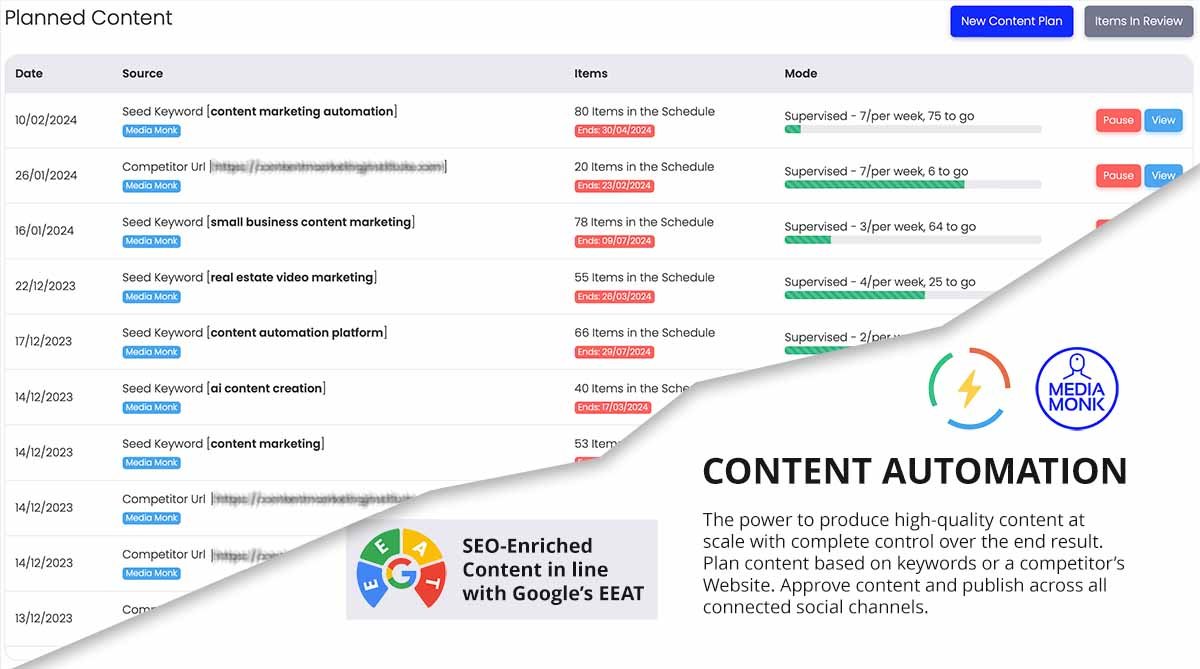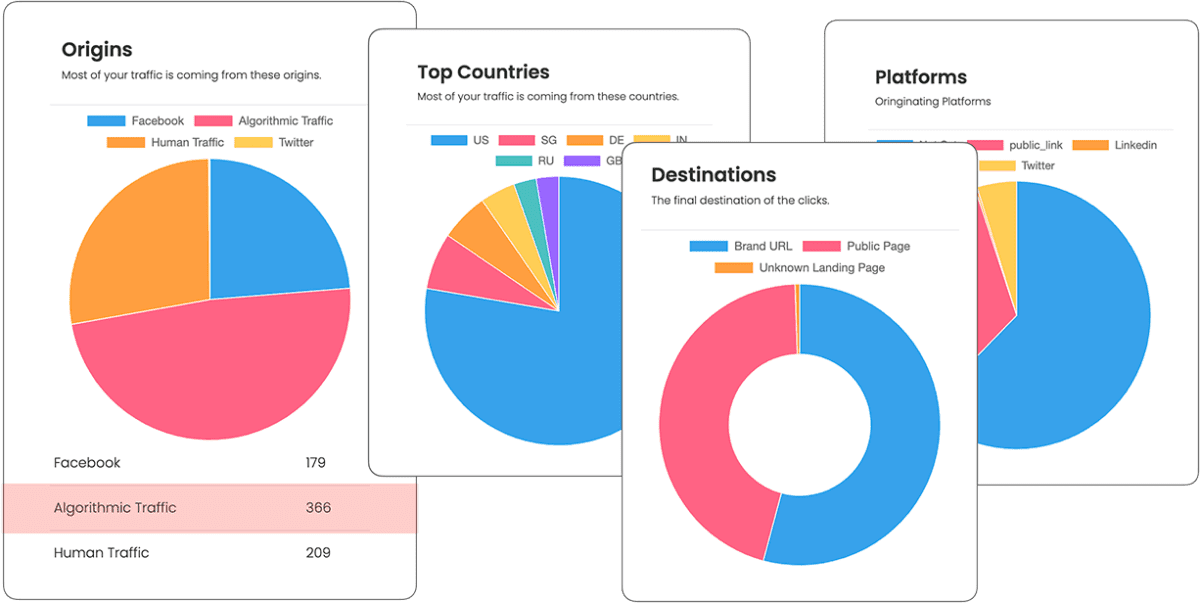
Table of Contents
Small businesses often face unique challenges when it comes to content marketing. With limited resources and a need to stand out in a crowded digital space, creating engaging content tailored specifically for small businesses is crucial for success. In this article, we will explore effective tips and strategies to help small business owners supercharge their content marketing efforts and stay ahead of the curve.
Understanding Your Target Audience
Understanding your target audience is crucial for creating engaging small business content. By knowing their pain points, interests, and preferences, you can tailor your content to address their specific needs and resonate with them on a deeper level. This level of personalization can help you build a stronger connection with your audience, ultimately leading to higher engagement and loyalty.

Furthermore, understanding your target audience allows you to create content that speaks directly to their concerns and challenges. This can position your small business as a valuable resource, establishing trust and credibility within your niche. By addressing the specific needs of your audience, you can differentiate your content from competitors and stand out in the crowded landscape of content marketing.
By leveraging tools such as audience analytics and social media insights, you can gain valuable data about your target audience. This data can inform your content creation strategy, helping you to develop content that is not only engaging but also relevant and valuable to your audience. Understanding your target audience is an ongoing process, but the insights gained can significantly impact the success of your small business content marketing efforts.
Leveraging the Power of AI for Producing Small Business Content
AI technology has revolutionized how content is created and distributed, offering small businesses an array of powerful tools to enhance their content marketing efforts. By utilizing AI-powered solutions, small businesses can automate the content creation process, making it more efficient and cost-effective. This not only saves time and resources but also allows businesses to maintain a consistent stream of high-quality content, ultimately engaging their audience more effectively.
Furthermore, AI can also be used to personalize content for different audience segments, ensuring that the right message reaches the right people at the right time. This level of personalization can significantly improve the impact of small business content, leading to higher engagement and conversion rates. By harnessing the power of AI to tailor content to specific audience preferences and behaviors, small businesses can stay ahead in the competitive landscape of content marketing.

Overall, leveraging the power of AI in content creation and distribution can provide small businesses with a competitive edge. By streamlining the content creation process, automating distribution, and personalizing content for different audience segments, small businesses can save time and resources while delivering high-quality, targeted content that resonates with their audience. As AI technology continues to advance, small businesses that embrace these tools will be better positioned to succeed in the ever-evolving landscape of content marketing.
Effective Content Marketing Strategies
Small businesses need to develop effective content marketing strategies to stand out in a crowded digital space. This may involve creating a content calendar, defining clear objectives, and utilizing various content formats to engage with their audience. By implementing a well-thought-out content marketing strategy, small businesses can establish a strong online presence and build brand awareness.
One effective strategy for small businesses is to conduct thorough audience research to understand their target demographic and their preferences. This insight can then be used to tailor content that resonates with the audience, increasing the likelihood of engagement and conversion. Additionally, leveraging user-generated content and customer testimonials can help build trust and credibility, further strengthening the brand’s online presence.
Another important aspect of effective content marketing strategies for small businesses is the integration of AI and data analytics. By utilizing AI tools to analyze consumer behavior and preferences, small businesses can create personalized content that speaks directly to their audience. This level of personalization can significantly enhance engagement and conversion rates, ultimately contributing to the business’s overall success in the competitive digital landscape.
Consistency and Quality
Consistency and quality are crucial elements in the creation of engaging content for small businesses. By consistently delivering high-quality content, small businesses can build a strong online presence and establish themselves as credible and trustworthy sources within their industry. This can help to foster a loyal audience base and keep the business top-of-mind for potential customers.

Furthermore, maintaining a consistent publishing schedule is essential for small businesses to stay relevant and competitive in the fast-paced world of content marketing. Regularly sharing valuable and relevant content not only helps to engage the audience but also signals to search engines that the business is active and authoritative, which can improve its visibility and ranking in search results.
In addition, focusing on the quality of content ensures that the information provided is valuable and impactful for the audience. This can be achieved by conducting thorough research, providing unique insights, and presenting the content in an engaging and easily digestible format. By consistently delivering high-quality content, small businesses can effectively capture the attention of their audience and differentiate themselves from competitors.
Utilizing Data and Analytics
Data and analytics are essential tools for small businesses looking to create engaging content. By analyzing data, small businesses can gain valuable insights into their audience’s preferences and behaviors, allowing them to tailor their content to better resonate with their target market. Additionally, analytics can help small businesses identify which marketing channels are most effective in reaching their audience, enabling them to allocate resources more efficiently and maximize their content’s impact.

Furthermore, data and analytics can provide small businesses with the information they need to optimize their content strategy for better results. By tracking key metrics such as engagement, conversion rates, and audience demographics, small businesses can make informed decisions about the type of content to produce and the best ways to distribute it. This data-driven approach allows small businesses to refine their content marketing efforts, ultimately leading to greater success in engaging their audience and achieving their business goals.
In conclusion, small businesses can benefit greatly from utilizing data and analytics in their content marketing efforts. By leveraging these tools, small businesses can gain a deeper understanding of their audience, optimize their content strategy, and ultimately create more engaging and effective content. This data-driven approach is crucial for small businesses looking to stay ahead in the competitive landscape of content marketing and achieve long-term success.


